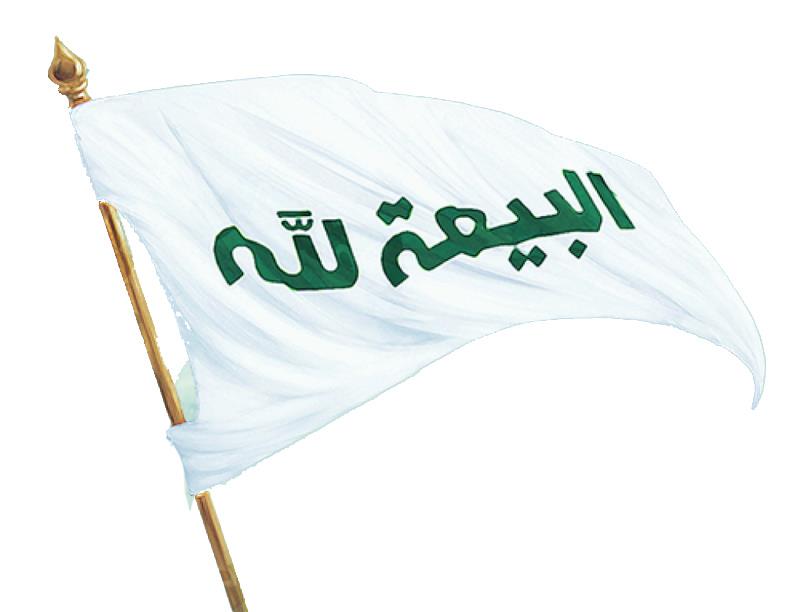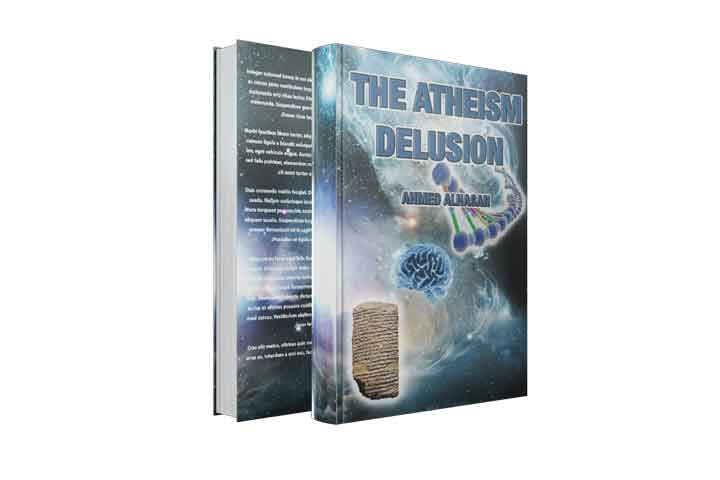This excerpt about Galileo Galilei is taken from Atheism Delusion by Ahmed Alhasan.
Galileo Galilei (1564-1642) was a professor of mathematics at the University of Pisa. At the beginning of the seventeenth century, he observed the sky with a telescope he had made and discovered that the Earth orbits the Sun, but the Catholic Church considered this to be merely a theory that opposed the Bible. They proceeded to prosecute Galileo and charge him with heresy, the usual charge against anyone who opposes the Church. He was at first imprisoned, then placed under house arrest, prevented from teaching or giving lectures, and his books were banned. He died in his home, persecuted by the men of religion, the geniuses who knew everything, who knew very well that the Earth does not rotate, ever! Would any Christian of that time have believed that Galileo—a heretic according to the Church—was more knowledgeable than the clergy who promote the theological equation that no one can understand, which states that God is three distinct persons, each one an absolute deity, one dispatching the others, yet they are one? It’s a nonsensical, magical theological equation that they have convinced more than a billion Christians of to this day, despite the obvious invalidity of the equation being as clear as seeing that 1 + 1 = 2! So why would they not be able to convince Christians for hundreds of years that the claim of a very insignificant “heretic” like Galileo—who says that the Earth orbits—is invalid?
In the end, the Church officially apologized to Galileo, but only hundreds of years after his death, and after the Earth’s orbit was a fact known to everyone. The Church had to either become convinced of it, albeit unwillingly or risk being deserted by its followers.
In the twentieth century, the Catholic Church apologized to Galileo and acquitted him of his great crime, that of saying, “Indeed, Earth orbits.”
Nearly four centuries later, after all is said and done, Galileo is a criminal acquitted of the crime of saying that Earth orbits the Sun! Now Galileo is no longer a heretic, and today according to the Church his statements are no longer heretical, which means that Giordano Bruno was killed for speaking the truth, and the Church is a murderer that sheds innocent blood! The inevitable conclusion is that the real heresy is the Church’s statements that contradict Galileo’s, so the Church was the heretic, for nearly four centuries.
The question to Christians of the world today is this: is it possible that your Church is also the heretic in the case of the divinity of Jesus Christ, the Holy Spirit, and the Father and that they are three persons, especially since there were Christians who objected to it? Is it possible you will discover one day that Saint Arius, deemed a heretic by the Church for denying the absolute divinity of Jesus Christ, was not a heretic? Will it then become clear to you that the Church that fought Arius is the heretic, just as it was in the case of Bruno and Galileo?
The question to Christians of the world today is this: is it possible that your Church is also the heretic in the case of the divinity of Jesus Christ, the Holy Spirit, and the Father and that they are three persons, especially since there were Christians who objected to it? Is it possible that one day you will discover that Saint Arius, deemed a heretic by the Church for denying the absolute divinity of Jesus Christ, was not really a heretic? Will it then become obvious to you that the Church that fought Arius is the heretic, just as in the case of Bruno and Galileo?I fear that the day for this wrong to be corrected, or even to have the chance to correct it, will arrive far too late. Shouldn’t every Christian search for the truth today while they are still alive? Search for the truth yourself instead of following Church’s opinion that has now been proven, by its own admission, to be the heretic in Galileo’s case for nearly four centuries.
The excerpt is taken from Atheism Delusion by Ahmed Alhasan احمد الحسن
Click here to read similar glaring delusions of men of religion.

